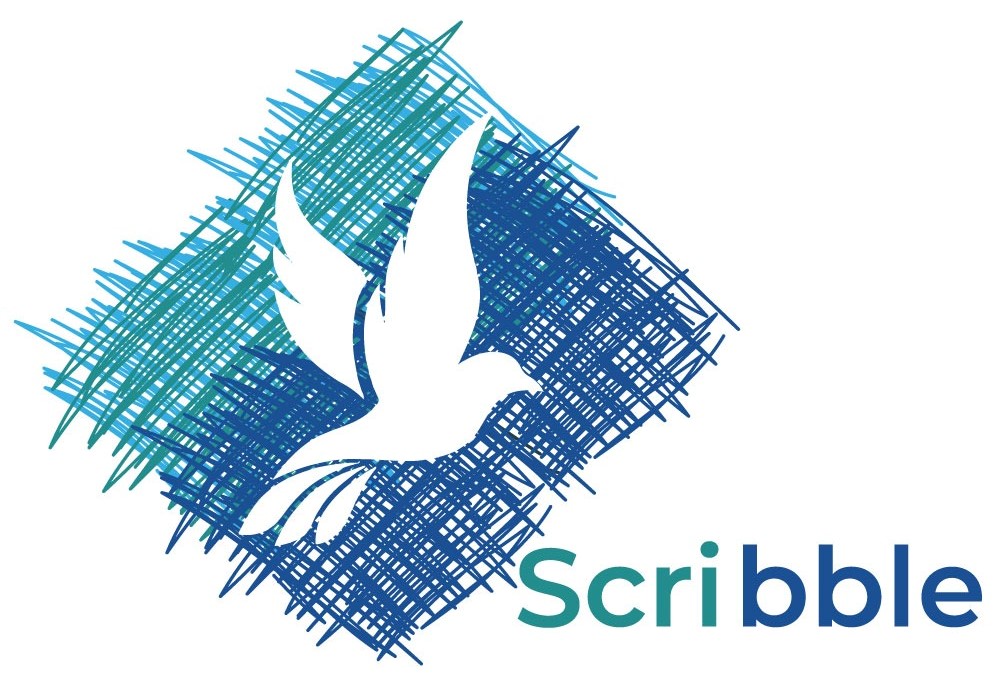In Australia, the National Disability Insurance Scheme (NDIS) plays a crucial role in supporting people with disabilities and their families. Every service provider’s sole purpose is to deliver extensive and thorough services to them. For this reason, integrating NDIS service providers with trusted support coordination is fundamental. It ensures that participants and their loved ones receive personalised assistance that addresses their tailored needs and enhancing the quality of their lives.
Understanding NDIS and Support Coordination:
The NDIS is a revolutionary system designed to give individuals with disabilities the assistance they need to lead confident and independent lives. The organisation provides financial support for various services, such as in-home support, counselling, and community participation initiatives. However, the NDIS is growing vast, so navigating the system can be tricky at times, and that’s where trusted support coordination is necessary.
Support Coordinators guide participants on how to comprehend and carry out their NDIS plans. They assist in finding appropriate service providers, organise different forms of support, and guarantee that the services are in line with the requirements and goals of the participants. Establishing a solid, trustworthy relationship with the participants and ensuring their voices are heard at the centre of the decision-making process are hallmarks of trusted support coordination.
The Need for Integration:
The integration of service providers with support coordination is essential for several reasons:
Holistic Support:
Integration allows for a more comprehensive approach to service delivery. Support Coordinators can collaborate closely to build a cohesive support system that considers every factor of participant’s life, from day-to-day activities to long-term objectives.
Improved Communication:
Effective communication between the coordinator and NDIS service provider ensures that all parties are on the same page regarding the participant’s needs and progress, allowing for more coordinated care and faster response to changes and issues.
Enhanced Service Delivery:
Integration can help identify the gap between services and address the solutions. The coordinator can provide feedback to the service provider, ensure constant service improvement, and adapt to meet participants’ development.
Case Study: Integrating Services for Counselling and Psychosocial Recovery
Integrating NDIS service providers and coordinating support has been demonstrated to produce significant benefits in areas such as psychosocial recovery coaching in Melbourne and counselling services in Melbourne. For instance, participants with mental health problems often require a combination of counselling, home support and community engagement activities. By integrating these services, support coordinators can ensure that participants receive consistent and comprehensive care.
They adjust their home support and consultation sessions with events to participate in the community and create a flexible support plan structured to meet the immediate needs of long-term recovery.
Benefits of Integration:
Personalised Care:
Participants receive a personalised support plan reflecting their needs and preferences, leading to better outcomes and greater satisfaction.
Efficiency:
Integrated services reduce duplicated efforts, streamline processes and make it easier for participants to manage their support.
Empowerment:
Participants are empowered to take control of their lives, with support coordinators and service providers work collaboratively to facilitate their independence.
Conclusion:
For the NDIS to be comprehensive and successful, trusted support coordination must be integrated with NDIS service providers. This method improves the standard of care recipients receive and encourages their self-sufficiency. Achieving the best results for people with disabilities depend on service providers and support coordinators work together closely as the NDIS develops.
